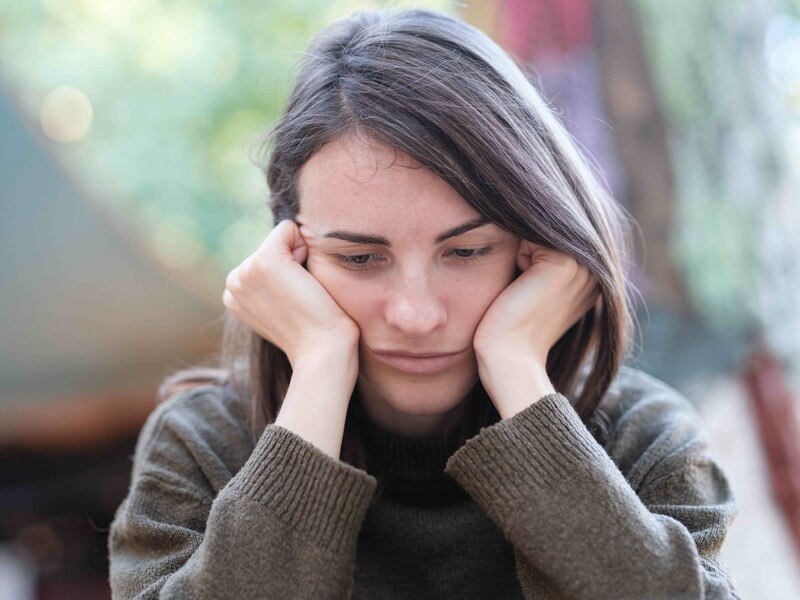What Are Depression Disorders?
Depression disorders, also known as depressive disorders, are mood disorders characterized by feelings of sadness, anxiety, hopelessness, and despair. Depression disorders are common but vary in severity. If left untreated, they can have immense impacts on your emotional wellbeing and, in some cases, can lead to suicidal ideation.
Some of the more well-known depression disorders are major depressive disorder, bipolar disorder, persistent depressive disorder, seasonal affective disorder, premenstrual dysphoric disorder, and postpartum depression. Each depressive disorder has its own unique features and diagnostic requirements. Each depressive disorder is slightly different and requires an individual treatment approach.
What Are Triggers and Causes of Depression?
Depression can result from isolated incidents, or it can be chronic in nature. Some depression is brought on by incidents of psychological distress, while others are the result of a chemical imbalance in the brain. High periods of stress can lead to temporary depressive episodes, and biological factors/genetic predispositions can be the cause of chronic forms of depression.
If you lose a loved one, your grief may morph into depression. Loss of a job or feelings of intense isolation may cause depression to develop. Seasonal affective disorder usually makes an appearance in the colder months when natural sunlight is in short supply. Some forms of depression, such as postpartum depression or premenstrual dysphoric disorder, appear as a result of hormonal changes. Bipolar disorder, major depressive disorder, and persistent depression are all forms of depression that are more lasting and may require long-term treatment to address.
What Are the Best Treatments for Depression Disorders?
Depression treatment requires a versatile approach as there are many different forms of the disorder. Each form of depression has its own idiosyncrasies and nuances that may require specialized forms of treatment, depending on the origin. However, there are some common treatments that are used across the board for treating depression.
Psychotherapy or talk therapy in the form of Cognitive Behavioral Therapy (CBT) or Dialectical Behavior Therapy (DBT) has been proven to be helpful in treating depression disorders. Other forms of therapy that have been used with success include Interpersonal Therapy (IPT), Mindfulness-Based Stress Reduction (MBSR), Medication-Assisted Treatment (MAT), and group or family therapy to supplement individual counseling. Your care team at the therapy clinic will work closely with you to determine the best course of treatment to meet your particular needs.










